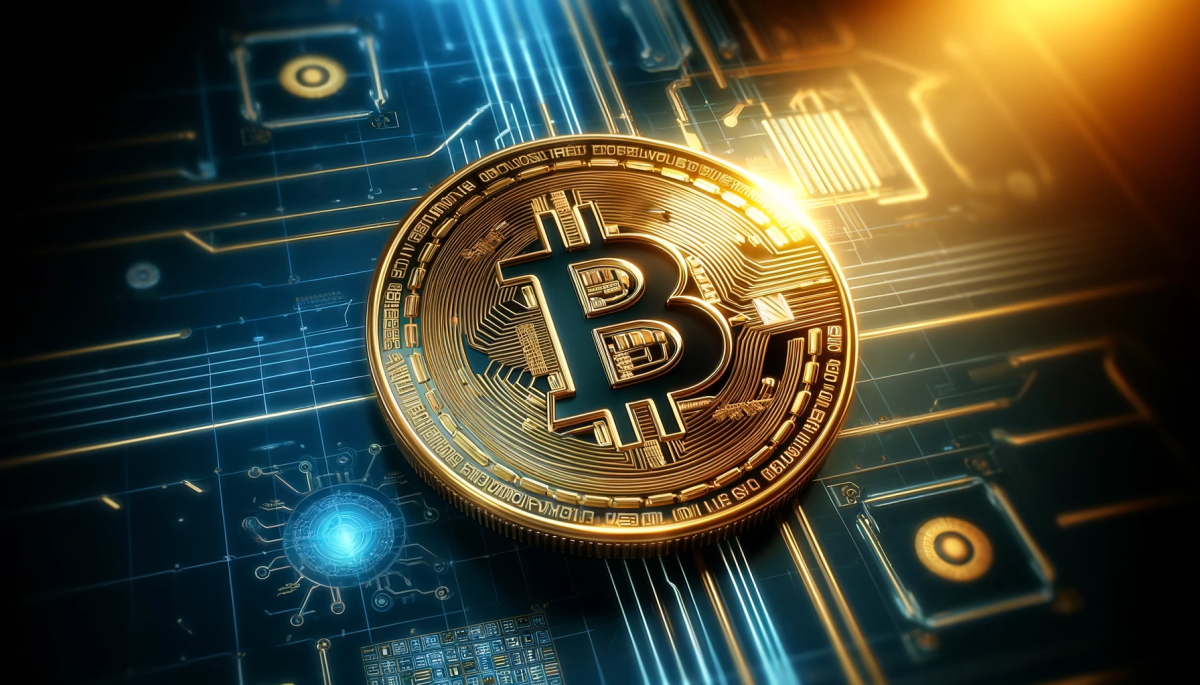Russia’s State Duma has approved a new law regulating cryptocurrency mining and the circulation of digital assets, set to come into effect 10 days after publication.
Points
- Law delineates requirements for cryptocurrency miners in Russia.
- Home miners exempt from registration if adhering to energy limits.
- Miners must report earnings and wallet addresses.
- Law permits trading in foreign digital financial assets.
- Advertising cryptocurrency and related services is prohibited.
Russia’s State Duma has passed a new law regulating cryptocurrency mining and the circulation of digital assets, which will come into effect 10 days after its official publication. This law, presented by Anatoly Aksakov in November 2022 and finalized in April 2024, aims to establish clear guidelines for cryptocurrency miners and the trading of digital assets within Russia.
Russia’s Digital Asset Law Explained
The law specifies that only companies and individual entrepreneurs registered in Russia and listed in the register of mining infrastructure operators are permitted to mine cryptocurrencies. Home miners are exempt from registration if they adhere to government-set energy consumption limits. The Ministry of Digital Development will maintain the mining register, while the Bank of Russia will set criteria for inclusion.
Miners with criminal records for economic crimes or those specified under Federal Law No. 115.FZ are prohibited from participating in mining activities. The government also reserves the right to ban mining in specific regions.
To monitor the financial impact of the industry, miners must report their earnings and wallet addresses to an authorized body, with the scope and frequency of reporting determined by the government. The Federal Financial Monitoring Service will track addresses involved in illegal activities or money laundering. Non-compliant miners risk disconnection from the power grid and legal consequences.
The initial version of the law banned the use and sale of mined cryptocurrency within Russia, but this restriction was removed. Russian platforms can now trade in foreign digital financial assets (DFAs) under the oversight of the Central Bank, which has the authority to ban specific coins if they pose a threat to financial stability.
Additionally, the law prohibits advertising cryptocurrencies and related services to protect the public from investing in high-risk financial instruments. This includes bans on advertising Bitcoin, services related to their use, and methods for buying or selling
them.
The State Duma Committee on the Financial Market also approved draft law No. 341257.8 in its third reading. Initially focused on experimenting with crypto-payments in foreign economic activities, the revised bill now empowers the Central Bank to set rules for the organized trading of digital currencies within this experimental framework.
Russia May Use Bitcoin to Trade With El Salvador
Russia’s stance on cryptocurrency has seen gradual shifts due to external economic pressures. El Salvador, which has adopted Bitcoin as legal tender, has proposed using cryptocurrency to facilitate trade with Russia. This move is part of El Salvador’s broader strategy to strengthen economic ties with Russia and enhance its geopolitical position.
Alexander Ilyukhin, the first secretary of the Russian embassy in Nicaragua and head of the office in El Salvador, highlighted this initiative. He noted El Salvador’s pioneering decision to adopt Bitcoin, allowing tourists to pay for services with the cryptocurrency. Despite Bitcoin’s limited use in Russia, this proposal signifies potential cooperation between the two nations.
El Salvador has maintained an independent foreign policy, not aligning with any party in the Russia-Ukraine conflict. Ukrainian President Volodymyr Zelensky’s team has sought El Salvador’s support but has yet to succeed. Additionally, El Salvador is considering joining the BRICS economic bloc, which includes Brazil, Russia, India, China, and South Africa. The BRICS nations have been exploring de-dollarization, turning to cryptocurrencies as an alternative to the US dollar.
解説
- Regulatory Clarity: Russia’s new law provides a clear regulatory framework for cryptocurrency mining and digital asset circulation, which is essential for the industry’s growth and stability. By setting specific criteria and reporting requirements, the government aims to monitor and control the sector effectively.
- International Trade: The proposal for Russia to use Bitcoin in trade with El Salvador highlights the growing acceptance of cryptocurrencies in international commerce. This could pave the way for other countries to explore similar arrangements, reducing reliance on traditional fiat currencies.
- Advertising Ban: The prohibition on advertising cryptocurrencies aims to protect consumers from high-risk investments. While this may limit exposure to potential investors, it underscores the government’s cautious approach to integrating digital assets into the mainstream financial system.
